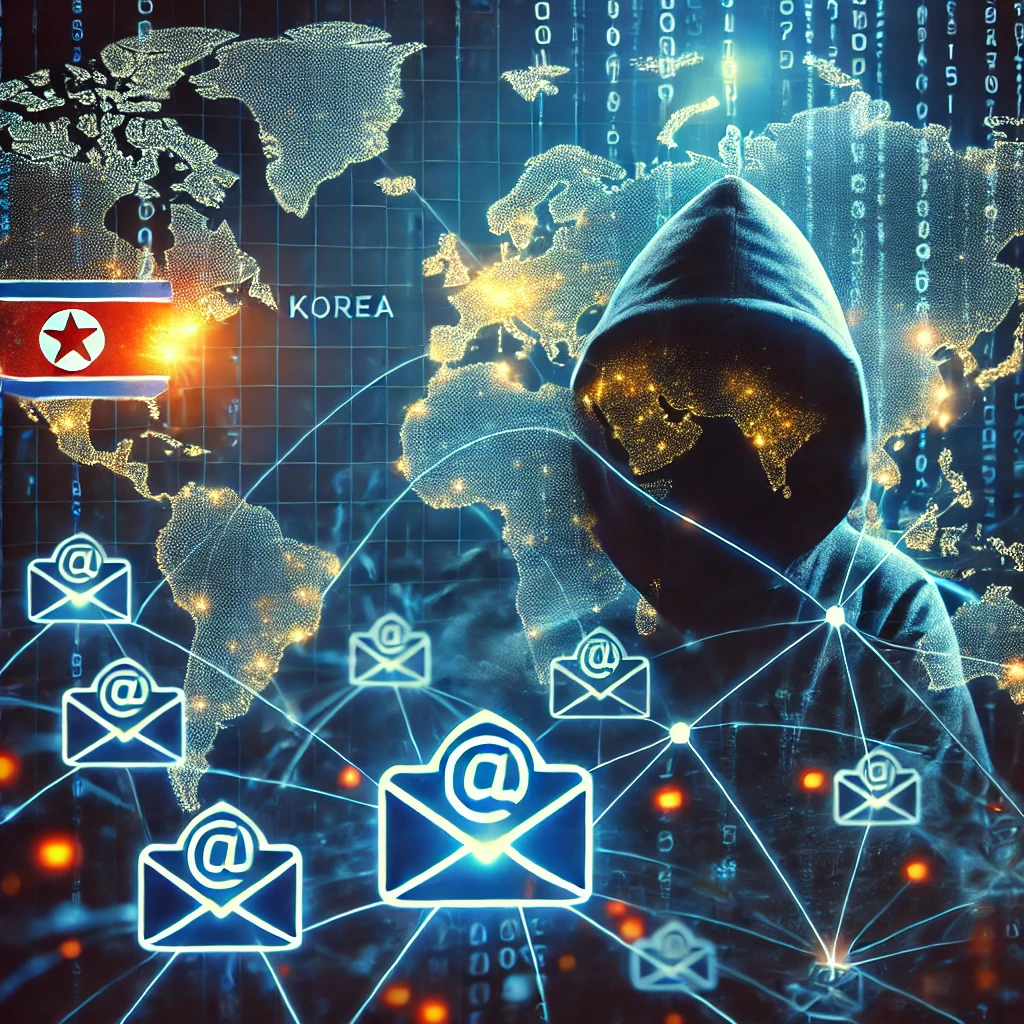North Korean Kimsuky Hackers Exploit Russian Email Services
North Korea’s state-sponsored hacking group, known as Kimsuky, is intensifying its cyber espionage campaigns by exploiting Russian email services. A recent advisory from U.S. cybersecurity agencies, including the FBI and NSA, highlights a new trend where Kimsuky operatives use Russian-based email domains to facilitate credential theft and espionage operations.
Key Tactics and Targets
The Kimsuky group, also referred to as Velvet Chollima and Emerald Sleet, predominantly relies on spear-phishing techniques. These attacks impersonate legitimate entities, such as think tanks, journalists, or scholars, to deceive their targets into divulging sensitive credentials. Common targets include academic institutions, media organizations, and think tanks involved in geopolitical research.
The use of Russian email platforms such as Yandex is a notable shift. These platforms provide anonymity and circumvent common security measures, making it harder for cybersecurity tools to flag and block malicious emails. Once a victim engages with the phishing email, follow-ups often include malicious attachments or links designed to compromise their accounts or devices.
Implications for Geopolitical Intelligence
The primary goal of Kimsuky’s campaigns is to gather intelligence on foreign policy strategies, geopolitical developments, and other sensitive information that aligns with North Korea’s strategic objectives. Data stolen through these campaigns is believed to directly support the North Korean government, particularly its nuclear and weapons programs.
Recent investigations reveal that North Korea funds nearly 40% of its weapons programs through illicit cyber activities. Between 2017 and 2023, cyberattacks attributed to North Korean hackers generated an estimated $3 billion, often targeting cryptocurrency exchanges and other financial systems.
How to Protect Against These Threats
Organizations and individuals should remain vigilant against phishing attempts by closely scrutinizing email domains, grammar inconsistencies, and unusual requests for sensitive information. Implementing robust email security protocols, such as proper DNS configurations and DMARC enforcement, can significantly reduce vulnerability.
As Kimsuky evolves its tactics, collaboration between international cybersecurity agencies is crucial to mitigate these threats and protect sensitive data from falling into the hands of malicious actors.
